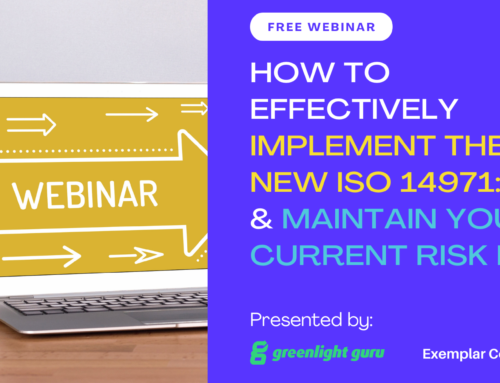1Never hire someone who does not provide CVs and references. Many people are “consultants” when they decide to leave their day jobs. There is a big difference in hiring someone who is technically knowledgeable and someone who understands project management, good customer communication, and deadlines.
2Don’t choose a consultant based on location. I have seen may companies choose a consultant (auditor, QMS expert, etc.) based on the state they live in so they can save a few bucks on travel costs. Time and time again we are asked to come in a complete this work. I call this being penny wise and pound foolish (British pounds). You save a few dollars in travel costs but you don’t get the expertise you need and end up wasting time and money in the process. 3Make sure the expectations are clear. We use a Scope of Work (SOW) for each project because it benefits both the client and the consultant. We want to make sure there is clear two-way communication from the very beginning of the project. Having a vague SOW or no scope at all is a pitfall that many companies fall into. 4Agree on a budget or hourly rate and stick to it. Any major changes to the scope of work should have an accompanying change order. If you are one third of the way through a project you should not be half way through the budget; make sure to check the project status and remaining PO amounts regularly. 5Service is everything. Pick someone that you like, pick someone that could represent your company to outside customers, vendors, or even the FDA. Make sure that the consultant is working for your best interest and has a “service” mentality. Our consultants focus on completing the project on time and teaching as we go. If the client is not educated on the new systems or processes then they will not be effective. The consultant should be responsive and pro-active to client needs. If you have to direct every daily activity, then you have the wrong consultant for that project.






